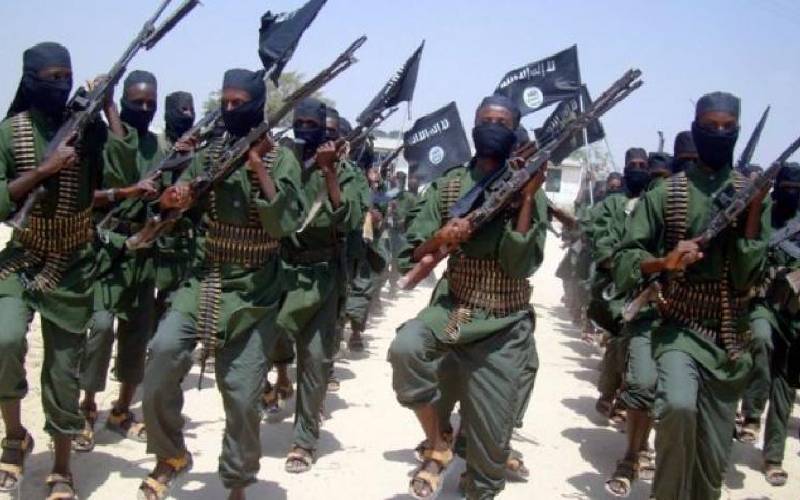×
The Standard e-Paper
Home To Bold Columnists

Kenya’s north is once again in the limelight over insecurity fears, as Al Shabaab looks to reestablish itself in Mandera County. The county has over the years been the scene of some of the group’s bloodiest attacks.